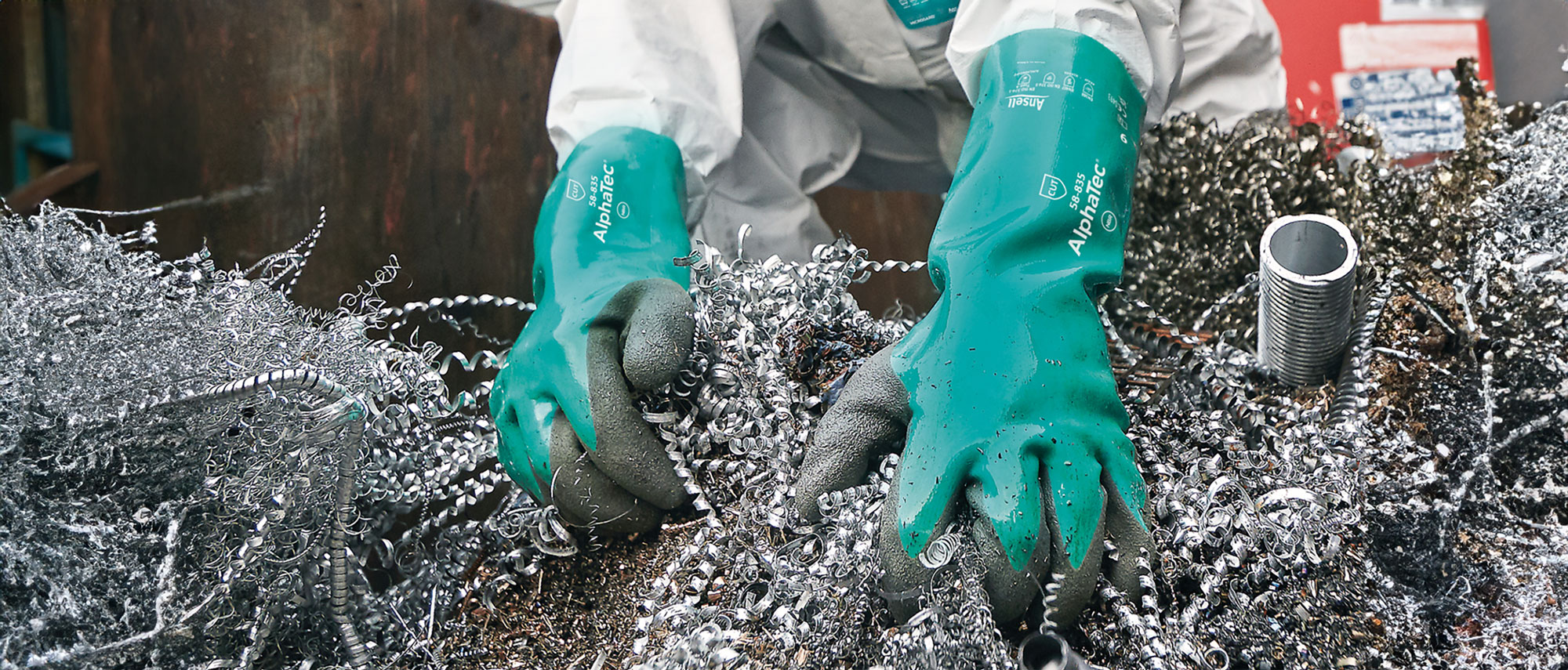
Food manufacturers operate in a uniquely challenging environment.
Every day, they must navigate stringent regulations, volatile demand, complex supply chains, high sanitation and hygiene standards, and more. As a supplier to facilities across the country, we know how each of these can create volatility in the supplies needed at a given time and make managing stock all the more important. At Nelson-Jameson, I see the outcomes of daily conversations on the topic. And I see first-hand that efficient management of critical supplies is not just a matter of operational effectiveness—it's a fundamental pillar of safety, compliance, and profitability.
Higher-volume operations, in particular, face unique challenges in ensuring a consistent flow of materials their teams need, from personal protective equipment (PPE) and cleaning supplies to specialized testing equipment and maintenance parts.
In the food manufacturing landscape, adopting innovative inventory management strategies is crucial for maintaining productivity, reducing costs, and achieving operational excellence. One such strategy that has emerged as a cornerstone of efficient supply chains is Vendor-Managed Inventory (VMI).
In March, Verified Market Reports projected a Compound Annual Growth Rate of about 10 percent from 2025 to 2033 for the global VMI system market. Let’s take a look at how VMI systems work, why their value is driving more adoption, and steps for successful implementation.
Food manufacturing facilities operate under stringent regulations and demanding production schedules (learn how Nelson-Jameson regulatory compliance experts keep your facility ahead of the curve). The consequences of supply chain disruptions, stockouts, or the use of non-compliant materials can be severe for any food manufacturer. As we’ve seen recently on a global scale, this can mean production delays, financial losses, food safety risks, and regulatory penalties.
Effective inventory management in this sector must address key challenges:
What is a Vendor-Managed Inventory (VMI)? We define it as a collaborative (emphasis on “collaborative”) supply chain management strategy where the supplier manages and replenishes inventory levels at the customer’s location.
Instead of initiating their own purchase orders, the vendor monitors stock levels and ensures timely replenishment based on real-time data and pre-defined thresholds.
How VMI Works:
“The consequences of supply chain disruptions, stockouts, or the use of non-compliant materials can be severe for any food manufacturer. As we’ve seen recently on a global scale, this can mean production delays, financial losses, food safety risks, and regulatory penalties.”
Implementing a VMI system offers significant advantages for high-volume food manufacturing operations. Here are some of the VMI benefits we see from our customers
Reduced Inventory Costs: By transferring inventory management responsibilities, food manufacturers significantly reduce inventory holding costs, storage expenses, and the risk of waste from expired or obsolete products. Optimized stock levels mean less capital is tied up in wasted supplies.

Implementing a VMI program requires a structured approach. Nelson-Jameson experts recommend taking the following steps to succeed.
Solutions like SupplyRITE™ from Nelson-Jameson are designed to address the unique inventory management needs of the food manufacturing industry. SupplyRITE™ offers versatile inventory solutions, including the option for vendor-managed inventory (VMI), tailored to the specific requirements of each facility. Whether you want complete control or a partner to handle everything, SupplyRITE™ can be customized to fit your operational model.
SupplyRITE™ can help food manufacturers:
Industrial vending machines, such as those offered as part of the SupplyRITE™ system, can be a powerful tool in a VMI strategy. These smart machines provide 24/7 access to authorized personnel while maintaining complete accountability for every transaction. For food manufacturers, this level of control is particularly valuable for managing specialized gloves, testing supplies, PPE, and safety equipment.
Benefits of industrial vending machines in a VMI context:
Critical supply management is essential for any food manufacturer’s operational success. Vendor-Managed Inventory (VMI) offers a powerful and collaborative approach to streamline inventory processes, reduce costs, improve efficiency, and enhance compliance. By partnering with Nelson-Jameson’s VMI experts and leveraging SupplyRITE™, you can transform your supply chain management, ensuring a consistent and reliable flow of critical supplies. We’re here to help – contact us now and we’ll be in touch within a business day!
Contact us today to learn how our experts can help integrate a VMI solution that works for your organization.



February 11, 2026
There is a critical link between worker safety and food safety, and nowhere is this more apparent than w...

February 3, 2026
Ensuring the safety and quality of dairy products requires a robust framework combining rigorous testing...

January 12, 2026
Gloves can force a choice between comfort and protection. But compliance, efficiency in usage, and worke...

Inventory Management